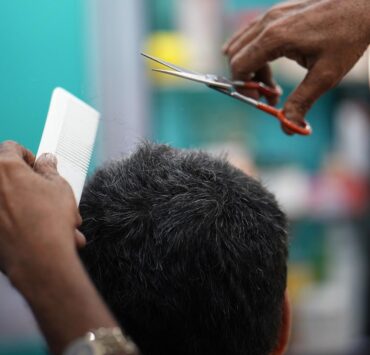KATA changes introduced in the middle of the year

On 12 July 2022, just one day after its proposal, the Hungarian Parliament has accepted the new law that will affect more than 430,000 KATA subjects in Hungary, most of who will no longer be eligible for this tax regime starting from 1 September.
New rules on short notice
While restructuring KATA has been on the table for some time, the final version of the proposal was introduced and then accepted in just under two days. Moreover, the new regulation will come into force starting from September, leaving little more than 6 weeks for current KATA subjects to review their client portfolios and their business plans, and become knowledgeable about other available tax regimes.
Most KATA subjects will lose eligibility
While under current regulations more than 430,000 businesses and entrepreneurs pay taxes under KATA, most of them will lose their eligibility starting from 1 September.
1. Under KATA, invoices can be issued only to natural persons. Since most current KATA subjects issue invoices to companies too, they will lose either their clients or their eligibility. (Strangely enough, taxi drivers are exempt from this restriction.)
2. Currently there are several forms of businesses that can pay taxes under KATA, e.g. one-person companies, lawyer’s offices, and limited partnerships that have only natural persons as their members. Now they all lose their eligibility, and only those self-employed in full time can retain their KATA status.
Read the details of the September KATA changes here.
Burdens on KATA subjects, KATA clients, and all accountants
The new regulations put unexpected burdens not only on KATA subjects but also on their clients and all accountants.
Obviously, KATA subjects who decide to retain their KATA status will have to cease working with business clients, losing income. At the same time, current KATA subjects who cease to be eligible starting from September need to come up with a plan on how to keep running a feasible business. They must reevaluate their business plans, and learn about other tax regimes to decide which might be most favorable to them.
Businesses heavily relying on KATA subjects have very little time to rethink their business models. This affects food delivery services the most, since most couriers are not employees but KATA subjects, often doing this as a side job. Additionally, businesses relying on KATA subject providers for the occasional odd job might also be turned away by their regular providers who want to retain their KATA status.
Since KATA is a very simple tax regime, KATA subjects are not required to have an accountant. If they are forced to choose other tax regimes, they will need accountants, which is a truly massive increase in the number of possible accountancy clients, one the market is not necessarily prepared to serve. This will compel taxpayers to operate in a non-compliant manner, without an accountant.
Moreover, introducing such an enormous change in the middle of the fiscal year necessarily throws off everyone’s business projections.
Shift towards less transparency
The core concept of KATA was based on encouraging transparency (and this way raising more tax income) by creating a very simple tax regime for those with the lowest income. By excluding most KATA subjects, many of these businesses will disappear either from existence or sight. If a business is not feasible, it will either come to an end or continue underground. In either case, it will not be generating any more taxes.
Did you like this article? Check out our Finance blog to learn more about business taxes in Hungary, or follow us on Facebook to never miss an update.
The post KATA changes introduced in the middle of the year appeared first on HELPERS.


